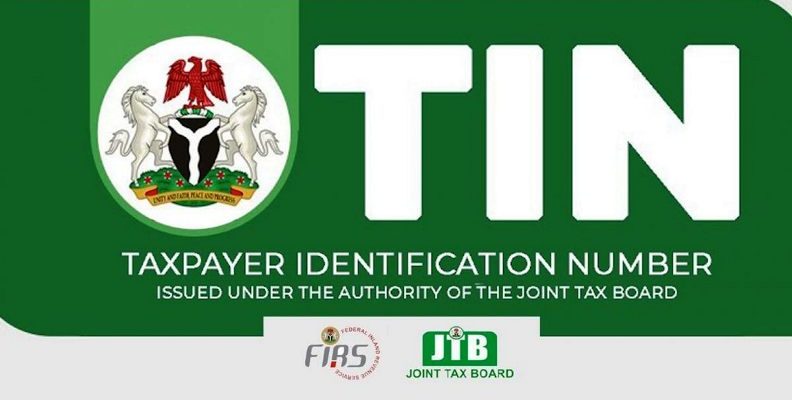Federal Government Introduces New Tax Compliance Law
The Federal Government of Nigeria has announced that from January 1, 2026, possession of a Tax Identification Number (Tax ID) will become compulsory for individuals and businesses engaging in banking and financial services.
RELATED: By law, National Identification Number now mandatory to access government, other services in Nigeria
This follows the signing of the Nigeria Tax Administration Act, 2025 into law by President Bola Ahmed Tinubu. The move aimed at broadening the nation’s tax base and strengthening compliance across the financial sector.
Tax ID Required for Banking, Insurance, and Stocks
Under Section 8 (2) of the Act, Nigerians and non-residents will be required to present a valid Tax ID to:
- Open or operate a bank account
- Access insurance services
- Trade in stocks and securities
- Engage in other allied financial services
The Act also extends the Tax ID requirement to contracts with federal and state governments, making it a prerequisite for doing business with public institutions.
Provisions for Non-Residents
Non-resident individuals and companies supplying taxable goods or services in Nigeria must register for tax purposes. They are also required to obtain a valid Tax ID before conducting business in Nigeria.
According to Section 6(1):
“A non-resident person that supplies taxable goods or services to any person in Nigeria, or derives income from Nigeria shall register for tax purposes and obtain a Tax ID.”
This provision ensures that foreign businesses operating in Nigeria’s economy contribute to the country’s revenue base.
Tax Authorities Empowered to Enforce Compliance
To prevent evasion, Section 7(3) empowers tax authorities to assign Tax IDs to individuals or entities that fail to register voluntarily. Banks and financial institutions will also be required to verify Tax ID compliance before offering services.
For businesses that temporarily or permanently cease operations, the Act allows suspension or deregistration of Tax IDs, provided notification is given within 30 days.
Boosting Nigeria’s Tax Net and Revenue Generation
The new tax law represents a landmark reform in Nigeria’s fiscal policy, with analysts projecting a significant rise in tax compliance rates.
By linking financial services access directly to tax registration, the Federal Government aims to:
- Reduce tax evasion
- Increase revenue collection
- Improve accountability within the financial system
Financial Institutions to Begin Preparations
Banks, insurance firms, and stockbrokers are expected to start upgrading their systems and compliance frameworks ahead of the January 2026 implementation date to ensure smooth enforcement.
Industry observers note that the policy aligns with global best practices, where Tax IDs serve as a foundation for financial transparency and digital tax administration.





























